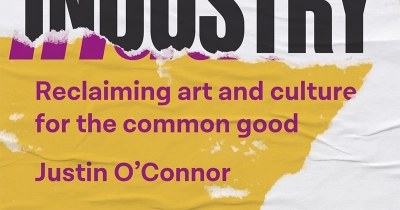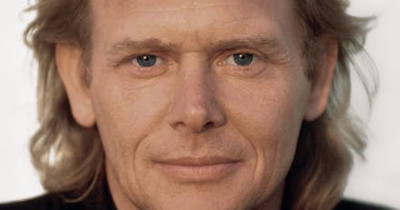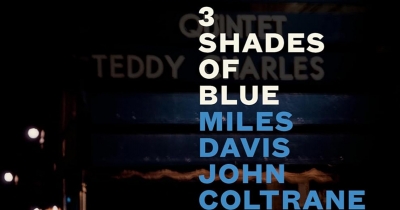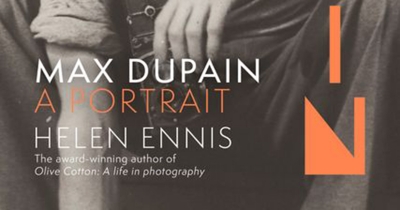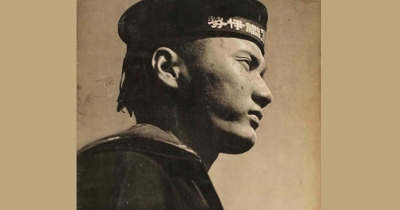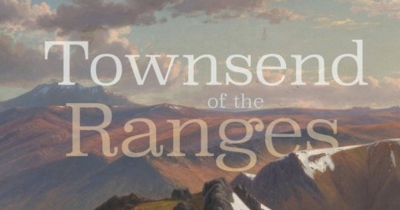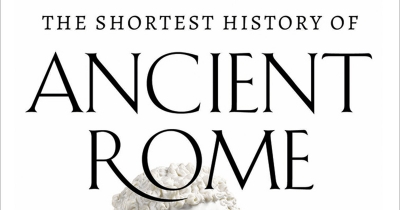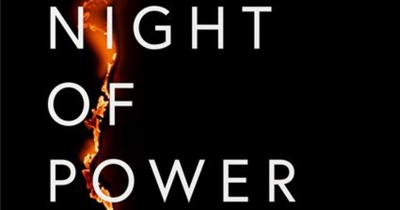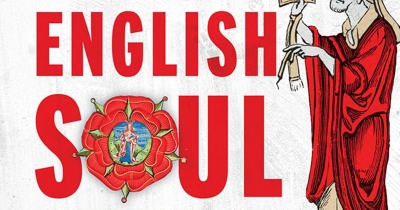Review
Culture is Not an Industry: Reclaiming art and culture for the common good by Justin O’Connor
by Wilfrid Prest •
The Voice Inside by John Farnham with Poppy Stockell
by Joshua Black •
3 Shades of Blue: Miles Davis, John Coltrane, Bill Evans and the lost empire of cool by James Kaplan
by Des Cowley •
Soviet Socialist Realism and Art in the Asia-Pacific by Alison Carroll
by Iva Glisic •
The Shortest History of Ancient Rome by Ross King
by Kyriakos Velos •
Night of Power: The betrayal of the Middle East by Robert Fisk
by Ian Parmeter •
The English Soul: Faith of a nation by Peter Ackroyd
by Stephen Regan •


